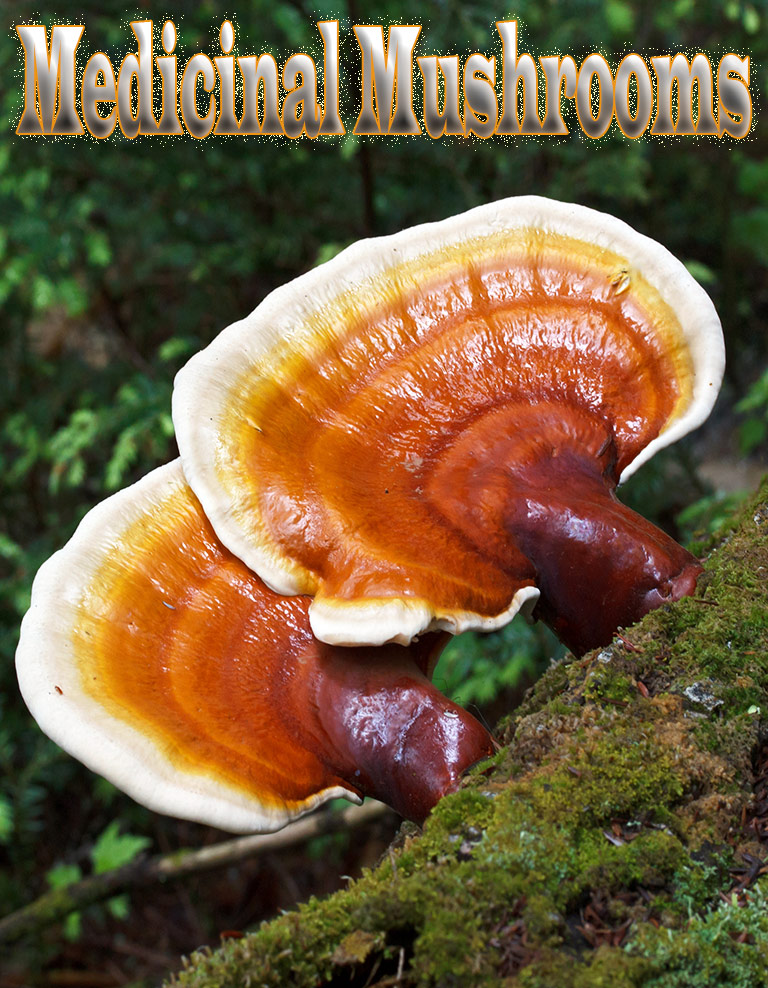
With the onset of winter, the complaints about cold weather invariably begin. But if you’re a moderately active, healthy person, cold weather doesn’t have to be a negative. (Take it from someone who has spent time living away from the four seasons; you might very well find yourself missing the crackling clarity of a cold winter’s day after your 340th balmy day.) There’s plenty to love about cold weather, including the wonderful feeling of frigid air against your cheeks when your core is toasty warm.
But whether you agree with my appreciation of winter weather or not, there’s plenty of evidence that cooler temperatures can be part of a healthy life.
For sleep

Cooler temps can help you lose weight (the body burns more energy to keep your core temp at a cozy 98.6 degrees), can help you sleep better and may even improve your metabolism while you sleep. You might feel a little uncomfortable at first if you cool your bedroom down, but if you, for example, switch your bedroom temperature from 72 down to 62 degrees gradually over a few weeks, your body will adjust — and you’ll save money on energy costs.
For studying or working

Our brains work better in cooler temperatures, too. I have long kept my winter house temperature at 62 degrees (60 when I sleep), and because I work at home, that’s my work temperature, too. How did I find that number?
Well, I experimented on myself about eight years ago when I bought a house — the truth is I hate spending money on heating bills. I started at 66 and turned it down one degree every few days until I got to 60. I found that when the temperature is any colder than 62, I’m distracted by chilliness and need endless cups of tea to keep me warm. But 62 was perfect. It took a little getting used to, but it worked. The side bonus for me was that it also kept me alert while working.
Interestingly, science says 62 degrees is also the magic number for brainwork. I recently learned about a 1972 study that said 62 degrees was the temperature at which the schoolboy subjects of the study functioned optimally. And while we’re speaking of work and school, other research shows that people study better when the weather outside is “bad.” (I enjoy a snowstorm or a good rainy day myself, but I’ll let the typical terminology stand.)
For skin

Most of us think that cold weather leads to dry skin and wrinkling, but a Harvard Health Letter from 2010 includes the following interesting info: “… moderately cold temperatures could be good for the vasculature because it trains blood vessels in the skin to be responsive.” So, rosy cheeks! And if you have dry skin, I recommend coconut oil cleansing — yup, that’s washing your face or body with coconut oil — if you have drier skin during the winter.
There’s no reason to be afraid of winter weather. Embrace it (and layer up) and you, too, can enjoy the season.





Leave a Reply